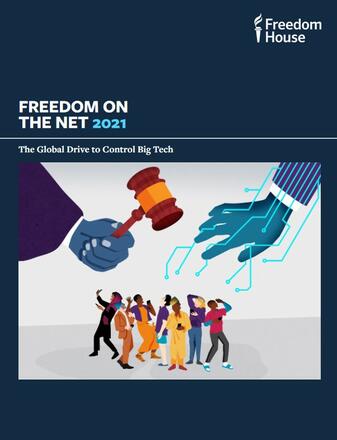
The report highlights how countries seeking to restrict users’ rights have clashed with technology companies. One of them was Turkey, which the report lists as ‘not free’.
The Freedom on the Net index measures each country’s level of internet freedom based on a set of methodology questions. The methodology is developed in consultation with international experts to capture the vast array of relevant issues to human rights onlin.
The latest report also highlights problems with online freedoms in Hungary and Serbia, although both countries are listed as being ‘free’.
Another finding is that free expression online is under unprecedented strain. More governments arrested users for nonviolent political, social, or religious speech than ever before. Officials suspended internet access in at least 20 countries, and 21 states blocked access to social media platforms.
Among the recommendations, there is the suggestion to policymakers to protect privacy and security, for example restricting the export of censorship and surveillance technology; they are also invited to guarantee competition, transparency and accountability, in order to foster a reliable and diverse information space.
Tags: Digitalisation Digital rights Digital safety Online news Online media CybersecurityThe content of this article can be used according to the terms of Creative Commons: Attribution-NonCommercial 4.0 International (CC BY-NC 4.0) . To do so use the the wording "this article was originally published on the Resource Centre on Media Freedom in Europe" including a direct active link to the original article page.

